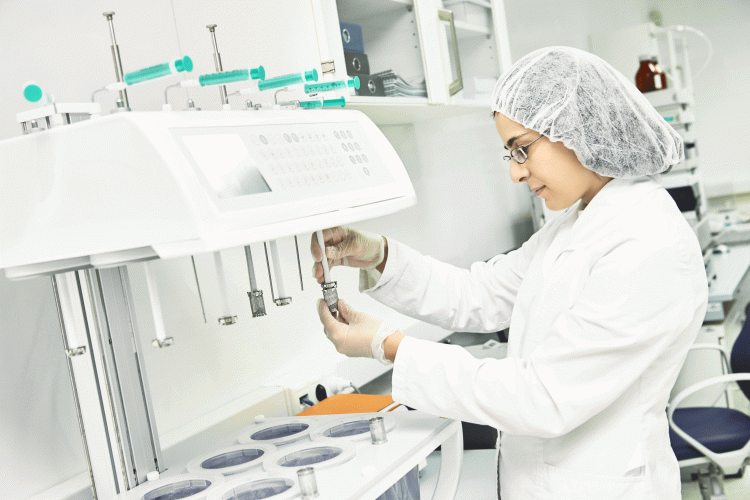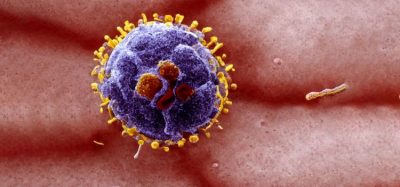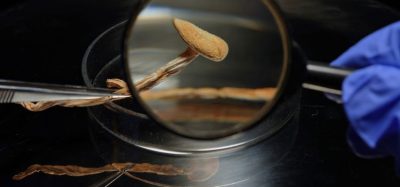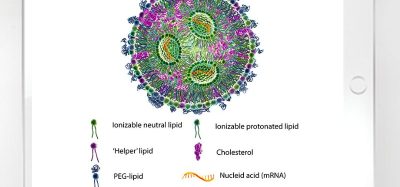EU and Japan extend partnership on inspections of medicine manufacturers
Posted: 19 July 2018 | Mike Stones | No comments yet
The EU and Japan have agreed to widen the range of medicines for which they will recognise each other’s inspections of manufacturing sites.


The EU and Japan have agreed to extend their partnership on inspections of medicine manufacturers in both countries.
The mutual recognition agreement (MRA), based on a partnership forged in 2004, has been widened to include: sterile products, active pharmaceutical ingredients (APIs) and certain biological medicines, including immunologicals and vaccines.
Under the terms of the arrangement, regulators in the EU and Japan can rely on good manufacturing practice (GMP) inspections in each other’s countries, to waive batch testing of medicines that enter Japan from EU countries and vice versa, and to share information on inspections and quality defects.
The new agreement was will enable the regulatory authorities in the EU and Japan to make better use of their inspections resources by reducing duplication of inspections in each other’s territory, according the European Medicines Agency (EMA).
Authorities in the EU and Japan have agreed that they have equivalent regulatory and procedural frameworks for inspections of manufacturers for these products and can, therefore, rely on each other’s inspections.
This is the first update of the original MRA agreement. As part of the new broader agreement, Japan also evaluated and recognised as equivalent all EU competent authorities for human medicines inspection.
The enlarged MRA will now cover chemical pharmaceuticals, homeopathic medicinal products – provided they are treated as medicinal products and subject to the GMP requirements in Japan – vitamins, minerals and herbal medicines – if they are considered as medicinal products by both parties.
It also included: certain biological pharmaceuticals including immunologicals and vaccines, APIs for any of the above categories and sterile products belonging to any of the above categories.
In the EU, inspections of manufacturing sites are conducted by the national competent authorities from EU Member States. In Japan, GMP inspections are conducted by the Pharmaceuticals and Medical Devices Agency (PMDA), and the 47 inspectorates of the prefectures.
Meanwhile, the EU has signed a series of MRAs – covering human and veterinary medicines – with third-country authorities concerning the conformity assessment of regulated products. All the agreements contain a sectoral annex on the mutual recognition of GMP inspections and batch certification of human and veterinary medicines.
The EMA said: “MRAs are trade agreements that aim to facilitate market access and encourage greater international harmonisation of compliance standards while protecting consumer safety.
“These agreements benefit regulatory authorities by reducing duplication of inspections on each other territory, allowing for greater focus on sites that could have a higher risk and broadening the inspection coverage of the global supply chain.”
MRAs were also said to facilitate trade in pharmaceuticals because they reduce costs for manufacturers by reducing the number of inspections taking place at facilities and waiving re-testing of their products upon importation.
In addition to Japan, the EU has agreed MRAs with: Australia; Canada; Israel; New Zealand; Switzerland and the United States.
Related topics
Active Pharmaceutical Ingredient (API), Biologics, Biopharmaceuticals, Good Manufacturing Practice (GMP), Manufacturing
Related organisations
European Medicines Agency., Pharmaceuticals and Medical Devices Agenc









